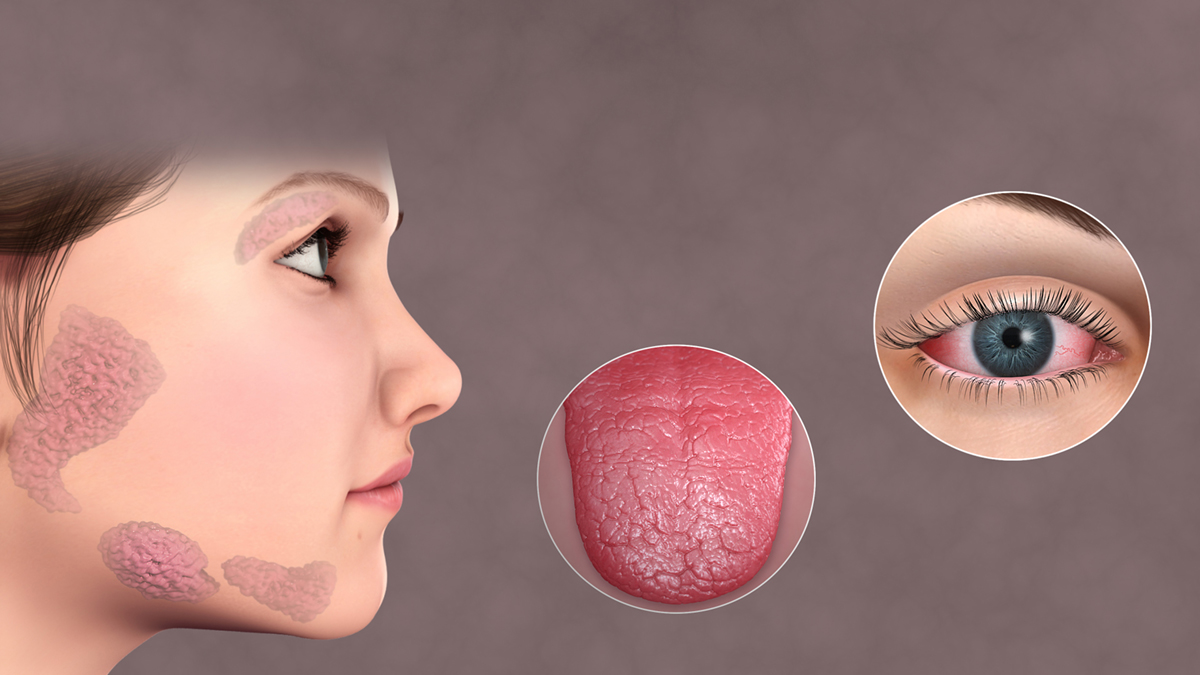
Disorder of the Immune System
There are many autoimmune diseases all characterized by an abnormal reaction of the immune system. Namely, the body loses its ability to recognize its own components, perceive them as foreign particles and initiates the attack. Antibodies and different types of leukocytes all participate in such attack eventually triggering irreversible damage to function of the affected organs. Sjogren's syndrome is one of many autoimmune diseases. Its main features are dry eyes and dry mouth.
Even though Sjogren's syndrome may develop as an isolated medical condition, many times the disease is closely related to already existing illnesses such as rheumatoid arthritis or lupus erythematosus. Furthermore, the disease can affect people of all ages. However, it is more frequently reported in individuals over the age of 40. Women seem to be more prone to Sjogren's syndrome compared to men.
The target organs which are destroyed by severe reaction of the immune system are, in this case, moisture-secreting glands of the eye and salivary glands. Damage to these structures eventually leads to their insufficient function and lack of both tears and saliva.
Two Main Symptoms of Sjogren's Syndrome
As it has already been mentioned the hallmarks of Sjogren's syndrome are dry eyes and dry mouth. Dryness of the eyes is initially well-tolerated while later patients typically complain about gritty or burning sensation as if there is sand in their eyes. Dryness of mouth is a quite unpleasant sensation. Most patients feel like their mouth is full of cotton. They experience difficulties chewing, swallowing and speaking.
Apart from these two prominent and quite disturbing health problems, there are additional issues which might occur. For example, inflammation of joints leads to their swelling, stiffness, discomfort and/or pain. Furthermore, salivary glands may enlarge (especially the parotid glands) disfiguring the face. Certain number of patients deals with skin rash and dry skin while there are those who are affected by prolonged fatigue. There is also a possibility for one to experience dry cough that lasts for a long period of time. And finally, in women Sjogren's syndrome precipitates dryness of the vagina, making intercourse unpleasant and painful.
As far as complications of Sjogren's syndrome are concerned, these vary a lot practically depending on the affected organ. The leading complications are, however, associated with persistent dryness of the eyes and mouth. Lack of saliva boosts dental cavity. and might be a trigger of repeated yeast infections of the oral cavity. Dryness of the eyes apart from obnoxious sensations additionally precipitates light sensitivity, blurred vision and in the most severe cases is blamed for corneal ulcers.
In addition, there are several more potential complications such as pneumonia, bronchitis and other conditions affecting the lungs, renal function abnormalities and peripheral neuropathy. The condition per se is also associated with the onset of lymphoma. Women suffering from Sjogren's syndrome who are planning to get pregnant are supposed to consult their doctors and discuss potential complications of the pregnancy. Namely, the antibodies that circulate in the mother's blood may cause fetal heart problems.
Managing Sjogren's Syndrome
The major role of the treatment is to increase the production of tears and saliva. Treatment also prevents severe and irreversible damage to the affected organs and deals with already existing complications.
Eye and mouth dryness may respond quite well to self-care measures. Artificial tears are prescribed for patients suffering from dry eyes. These individuals should also use eye lubricants which are available in both eye drop and ointment form. It is best to opt for artificial tears containing no preservatives because these might precipitate eye irritation. Additional help is obtained from increased indoor humidity and reduction of exposure to blowing air.
As for dry mouth, this medical issue is a bit more complex. First of all, the affected individual is supposed to increase fluid intake. Then, he/she may try chewing sugarless gums or suck hard candies both of which stimulate saliva production and cause no harm to the teeth because they contain no sugar. Lack of saliva is generally associated with an increased risk of cavity so scheduled dental exams are simply a must. Also, one should limit intake of sweets in spite of impeccable oral hygiene. And finally, artificial saliva is one more option for these patients. Saliva replacement products may be much more efficient compared to water. This is explained by the presence of lubricants in most artificial saliva products. Lubricants keep the oral cavity moist for a longer period of time.
When it comes to medication patients suffering from Sjogren's syndrome are prescribed they usually include drugs that increase the production of saliva such as pilocarpine and cevimeline, medications that deal with specific complications of the disease like yeast infection of the oral cavity or perhaps arthritis and various drugs which are efficient against systemic symptoms and also act against abnormal response of the immune system (e.g. immunosuppressants).
In the end, if all the mentioned fails to bring the condition under control, there are several more treatment options. For instance, patients with excessive dryness of the eye may benefit from a minor surgical procedure called punctual occlusion. The goal of the surgery is to clog the tear ducts this way preventing draining of the tears and their better distribution across the surface of the eye. Similar effects are achieved with laser but this time the clogging is permanent.


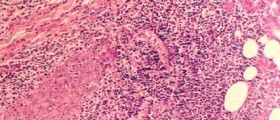
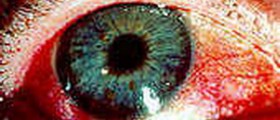
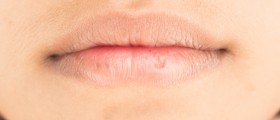


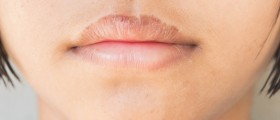
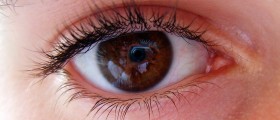

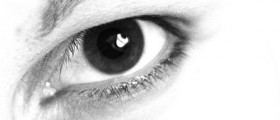
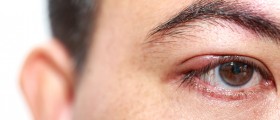





Your thoughts on this
Loading...